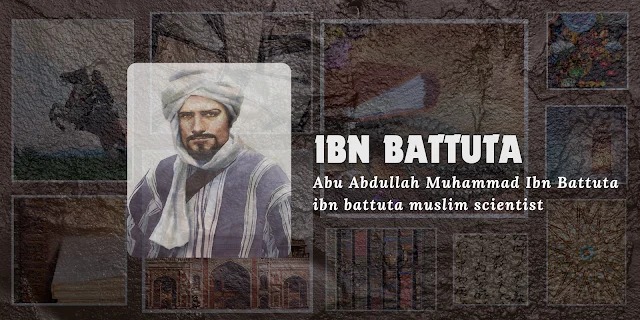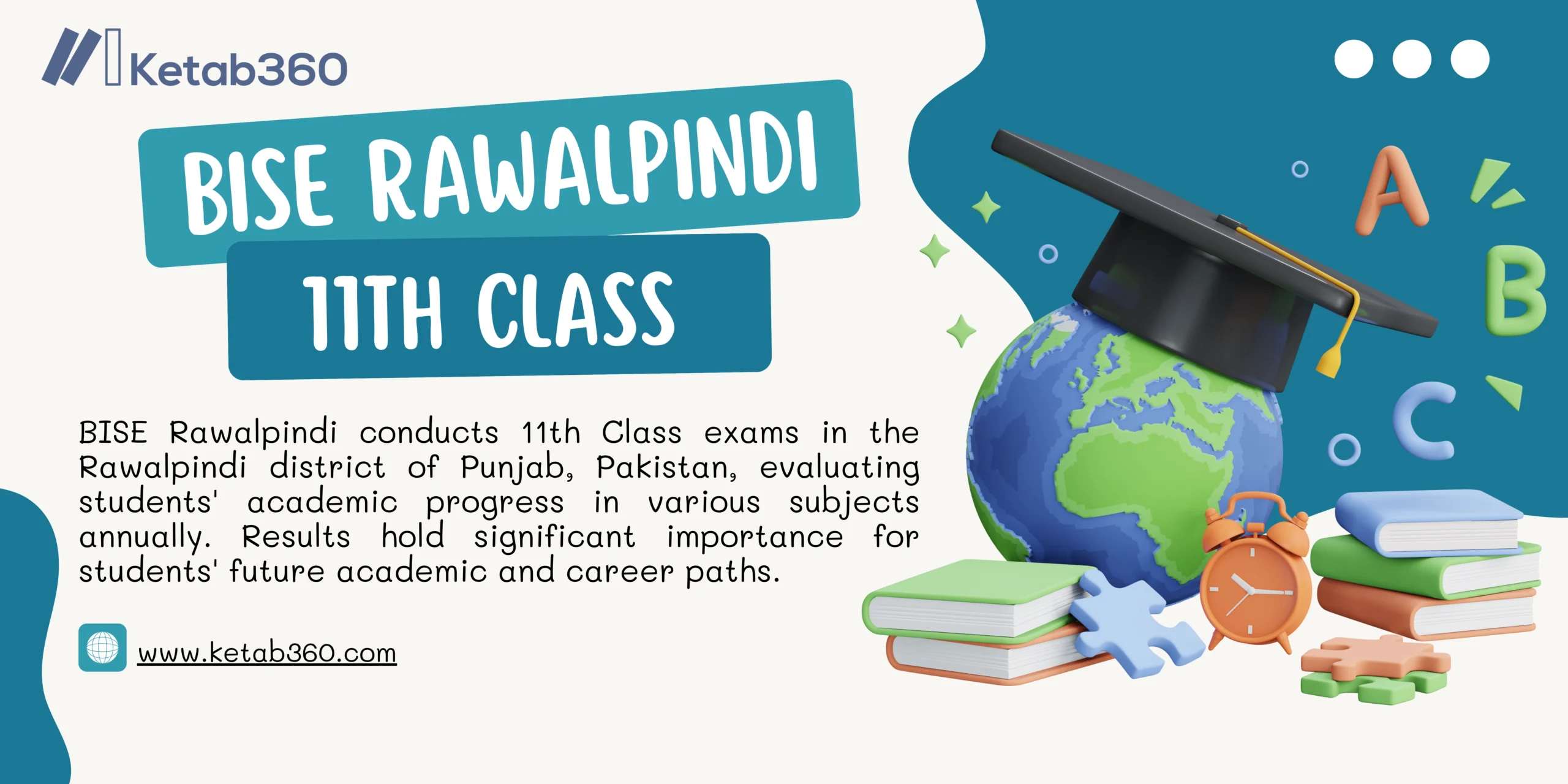Early Life:
Ibn Battuta, born in 1304 in Tangier, Morocco, entered the world with the name Abu Abdullah Muhammad Ibn Battuta. His early life laid the foundation for a remarkable journey that would later make him one of history’s greatest explorers. Growing up in a family of legal scholars, young Ibn Battuta received an education deeply rooted in Islamic teachings. His inquisitive mind and eagerness to learn were evident from an early age, setting the stage for the adventures that awaited him.
Early Education:
Under the guidance of his family, Ibn Battuta delved into the world of Islamic jurisprudence, mastering the intricacies of law and theology. His pursuit of knowledge led him to study at some of the renowned centers of learning in the Islamic world, honing his intellect and deepening his understanding of religious principles. The solid educational foundation laid during his early years equipped Ibn Battuta with the intellectual tools that would prove invaluable in the later stages of his life, as he embarked on a journey that would not only enrich his own understanding but also contribute significantly to the historical and geographical knowledge of the medieval world.
Ibn Battuta’s travelogue, titled “Rihla,” stands as a testament to his unparalleled experiences and observations. This primary source provides a unique insight into the medieval world, offering a valuable historical record. Ibn Battuta’s exploration covered over 75,000 miles, a feat unmatched in his time, and his encounters with diverse cultures and civilizations make his narrative a treasure trove for historians and enthusiasts alike.
Trade Routes and Economic Networks:
One primary aspect of Ibn Battuta’s travels was his engagement with flourishing trade routes. The Silk Road and Indian Ocean trade routes played a crucial role in connecting different civilizations, fostering cultural exchange, and driving economic prosperity. Through his vivid descriptions, Ibn Battuta sheds light on the economic intricacies of the regions he visited, emphasizing the interconnectedness of societies during the 14th century.
Islamic Scholarship and Cultural Exchange:
Ibn Battuta’s journey was not solely about geography; it was a quest for knowledge and cultural enrichment. As a devout Muslim, Ibn Battuta sought out centers of Islamic learning, engaging with scholars and theologians along the way. His interactions with diverse religious and cultural practices provided a rich tapestry of experiences, fostering a deeper understanding of the Islamic world and its various interpretations.
Ibn Battuta’s Impact on Geography:
The impact of Ibn Battuta’s travels extends beyond the historical and cultural realms; it significantly contributed to the field of geography. His meticulous observations and detailed geographical descriptions served as valuable references for later cartographers and explorers. Ibn Battuta’s work, though sometimes embellished, remains a foundational source for mapping the medieval world.
Bold Vision for Exploration :
Ibn Battuta’s boldness and audacity in embarking on a journey of such magnitude set him apart as a visionary explorer. His willingness to traverse uncharted territories and delve into the unknown demonstrated a pioneering spirit that has inspired generations of adventurers. The legacy of Ibn Battuta lives on in the spirit of exploration and the quest for understanding our global interconnectedness.
Conclusion :
In conclusion, Ibn Battuta’s life and work are a testament to the power of exploration and cultural exchange. His travels opened doors to understanding, connecting civilizations, and fostering a shared human heritage. As we reflect on the legacy of this intrepid explorer, it is evident that Ibn Battuta’s primary contribution lies in his ability to bridge gaps, both geographical and cultural, leaving an indelible mark on the historical landscape of the medieval world.






